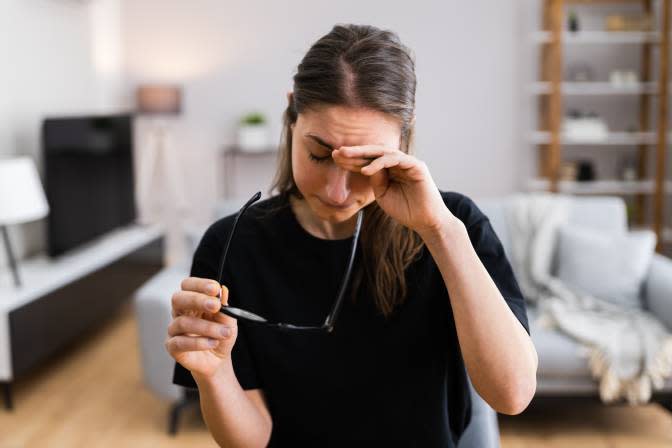All Categories
Featured
Table of Contents

Regular eye evaluations are essential for maintaining good vision and detecting possible eye wellness problems early. Nevertheless, the frequency of these exams can vary significantly based on an individual's age, way of living, and total health. Comprehending the suggested schedule for eye examinations can aid guarantee that people of every ages obtain suitable treatment and tracking for their eye health and wellness.
Infants and Toddlers (0-2 Years)
For infants and toddlers, eye examinations are important for finding any prospective vision problems early on. The American Academy of Ophthalmology recommends that a kid's initial eye exam ought to take place at around six months of age. During this first go to, the eye care specialist will analyze the kid's aesthetic growth and look for any kind of apparent eye concerns.Following this first test, it is advised that youngsters have an additional eye examination at age 3. This browse through will concentrate on analyzing the child's general visual feature, consisting of eye positioning and the capacity to track things. If no concerns are found, the following test should be scheduled prior to the youngster begins institution, commonly around age five or 6.
School-Aged Kids (6-18 Years)
Regular eye tests should be set up every one to 2 years when kids get to school age. Vision is critical for finding out and growth, and numerous schools conduct vision testings. Nevertheless, these screenings do not replace a comprehensive eye exam by an eye treatment expert.For children entailed in tasks or sporting activities needing substantial aesthetic focus, yearly eye exams might be a good idea. Additionally, if a child exhibits indicators of vision troubles-- such as difficulty reading, scrunching up your eyes, or frequent migraines-- a visit to the eye physician need to be arranged as quickly as feasible.
Young Person (19-39 Years)
Young person commonly have less vision modifications than older age, however routine eye examinations stay vital. The basic suggestion is to schedule an eye test every two years during this duration. People with specific threat aspects-- such as a family history of eye disease, diabetes mellitus, or those that wear call lenses-- must consider annual eye exams.Additionally, those that invest significant time on digital tools might experience electronic eye stress. If signs such as dryness, fatigue, or obscured vision take place, it might be important to see an eye care professional faster.
Adults (40-64 Years)
As individuals enter midlife, the probability of creating vision problems rises. Grownups aged 40 to 64 should schedule eye tests every one to two years. This age group may start to experience presbyopia, an all-natural age-related condition that makes it challenging to concentrate on close objects. Eye examinations can additionally aid detect other usual age-related problems such as glaucoma, cataracts, and macular degeneration.If people in this age team have threat aspects like hypertension or diabetes, they might need even more regular examinations to monitor their eye wellness very closely.
Senior Citizens (65 Years and Older)
For elders, regular eye tests end up being even a lot more vital. The American Optometric Association recommends that individuals matured 65 and older have an eye examination at least when a year. Older adults go to a higher threat for numerous eye conditions, including cataracts, glaucoma, and age-related macular degeneration. Early detection and treatment of these conditions can protect against vision loss and improve the lifestyle.Verdict.
Understanding the suitable schedule for eye tests based upon age is essential for keeping ideal eye wellness throughout life. From babies to elders, routine eye examinations play a vital role in finding problems early and making certain that vision remains sharp. By adhering to these standards and speaking with an eye care specialist, individuals can take positive steps towards maintaining their vision and overall health and wellness. Whether it's a child's very first check out or an elderly's yearly check-up, focusing on eye care is a financial investment in long-lasting health.Latest Posts
Experience The other day's Pub: Where Taste Meets Custom
Published May 06, 25
1 min read
Strategy Your Perfect Occasion at Yesterday's Creekside Tavern
Published Apr 15, 25
1 min read
A Preference of Comfort at Yesterday's Tavern
Published Apr 15, 25
1 min read